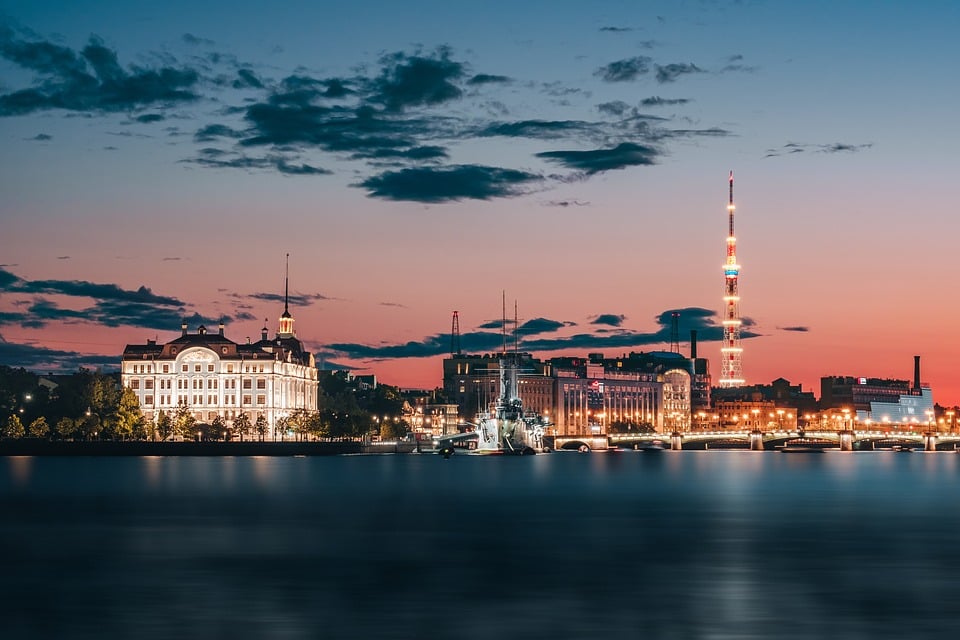
The Importance of Respecting Indigenous Cultural Heritage
Indigenous cultural heritage is a vital part of our collective history and identity as human beings. It represents the traditions, beliefs, practices, and art forms that have been passed down from generation to generation by Indigenous peoples around the world.
Respecting Indigenous cultural heritage means acknowledging and valuing the significance of these traditions and ensuring they are preserved and protected for future generations. It also involves recognizing the rights of Indigenous communities to control and manage their own cultural heritage without interference from outside sources.
Lessons from the Past
Throughout history, Indigenous cultural heritage has been subjected to exploitation, appropriation, and destruction by colonizers, settlers, and governments. Indigenous peoples have been forcibly removed from their lands, had their languages and traditions suppressed, and been denied the right to practice their cultural beliefs.
One of the most egregious examples of cultural heritage destruction is the Native American boarding schools in the United States and Canada. These institutions were designed to assimilate Indigenous children into Western culture by eradicating their language, traditions, and beliefs. This had long-lasting negative effects on Indigenous communities, leading to intergenerational trauma and the loss of cultural knowledge.
Another example is the looting and theft of Indigenous cultural artifacts and sacred objects by European colonizers during their conquest of the Americas, Africa, and Asia. Many of these artifacts ended up in museums and private collections, where they were stripped of their cultural significance and commodified for profit.
The destruction of Indigenous cultural heritage has had far-reaching consequences for Indigenous communities, leading to the loss of cultural identity, traditional knowledge, and spiritual connection to the land. It has also perpetuated systemic racism and discrimination against Indigenous peoples, contributing to the marginalization and disenfranchisement of these communities.
Respecting Indigenous Cultural Heritage Today
In recent years, there has been a growing recognition of the importance of respecting Indigenous cultural heritage and the rights of Indigenous communities to control and manage their own cultural resources. This has been reflected in international agreements such as the United Nations Declaration on the Rights of Indigenous Peoples, which affirms the right of Indigenous peoples to protect and preserve their cultural heritage.
One example of a successful Indigenous-led cultural heritage initiative is the repatriation of Native American human remains and cultural artifacts from museums and institutions in the United States. Through the Native American Graves Protection and Repatriation Act, Indigenous tribes have been able to reclaim their ancestral remains and sacred objects, reuniting them with their communities and honoring their ancestors.
Another important development is the recognition of Indigenous intellectual property rights, which protect traditional knowledge, cultural expressions, and genetic resources from exploitation and misappropriation. Indigenous communities are now able to control and benefit from their cultural heritage through mechanisms such as traditional knowledge registries, cultural protocols, and benefit-sharing agreements.
In addition, many countries have established laws and policies to protect and preserve Indigenous cultural heritage, including the establishment of Indigenous cultural centers, heritage sites, and museums. These initiatives help to educate the public about the importance of Indigenous cultural heritage and promote intercultural understanding and dialogue.
Conclusion
Respecting Indigenous cultural heritage is essential for promoting cultural diversity, social justice, and human rights. It requires acknowledging the value of Indigenous traditions and the rights of Indigenous communities to control and manage their own cultural resources. By learning from the mistakes of the past and working together with Indigenous peoples, we can ensure that their cultural heritage is preserved and protected for future generations.
In conclusion, we must all play a role in respecting Indigenous cultural heritage and supporting the rights of Indigenous communities to preserve their traditions and practices. By doing so, we can create a more inclusive and equitable society that honors the diversity and richness of Indigenous cultures around the world.